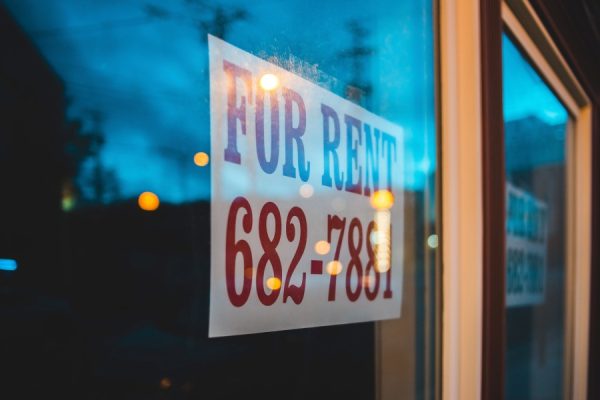Picking Out the Right Rental Investment Property
It can seem daunting picking out an investment property to rent to tenants. Looking to invest? Every market is different, and every property will have its own unique challenges, but here are some general steps you can take to make sure the property you buy is the right choice. We will go over selecting the home and picking out the right tenants. In Part Two we will go over financing the property, individual vs. traditional leasing, proper upkeep and setting the rent amount.
1. Selecting the Right Home
The first step is to select the right property for you. One part of that is knowing the right questions to ask the current owner, and the other part is knowing the market. There are also many different types of properties, including duplexes, fourplexes, apartment complexes, condos, and obviously traditional homes. Some questions to ask the current owner will depend if he is renting it out or not. If he is, ask him how much he is charging monthly for rent. Another question to ask is what is the occupancy rate. If it was only full 50% of the time, that would be a very bad sign, however unlikely that would be.
Another question to ask, depending on local ordinances, is how it is zoned. Certain cities, like San Marcos, only allow up to two non-related persons to live in a single-family home. So you can only have two tenants at once. If it is zoned multi-family, then more than two non-related people can live there. This can increase the asking price of your home considerably. Something to weigh is the number of rooms. If a home is multi-family, and a 2 bedroom is $140,000, and a 4 bedroom is $180,000, the 4 bedroom may be the better decision. This is because for only a small amount more, you can double the number of tenants leasing from you. Also consider price and amount of available credit, covered below.
2. Picking Out Your Tenants
You will need to pick out the applications you want to use. In Texas for example, most landlords use either a TAA application or a TAR application to screen tenants. It is a good idea to check for income (most want to see 3-4x higher income than rent), criminal background, and credit. Ultimately you need to be wary of violating fair housing laws, which says you can’t deny people on basis of their gender, race, or religion. So if you deny one person for X reason, be careful about not allowing another person because you know them, as there is a lot of potential for lawsuits. This is mainly important when the person’s application would be denied for the same reason, but their application is accepted anyways.
As a general rule, the longer history they have of paying rent on time, and the better their credit (especially with complexes and utility companies), the more likely they will work out as a tenant. Though many will allow a tenant with good credit and good income in by default as long as they don’t have any evictions, regardless of their rental history length. Some complexes allow a tenant with an eviction as long as they don’t have more than 2 and 2-5+ years of good rental history and a baseline level of credit. It really depends on the risk you want to take.
If you’d like to learn more about running an investment property, be sure to read the rest of our series on Rental Investment Properties. Here is Part II.
If you’re interested in acquiring the perfect rental property in San Marcos (or the surrounding areas), contact The Damron Group REALTORS® today to discuss your needs & goals!



